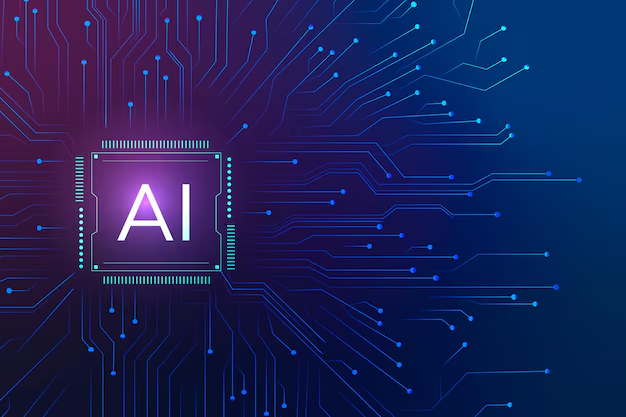Overcoming the “Learning Paradox” in Change Management
Learning and change are inextricably linked. The purpose of learning is to bring about change in knowledge, mindsets or behaviors. Conversely, change — whether imposed by external or internal forces — triggers processes of learning that lead to adaptation and innovation.
However, the seemingly complementary nature of learning and change is undermined by what Edgar Schein calls the “learning paradox” in his book “Organizational Leadership and Culture.” At the heart of the paradox is the idea that the more we learn to do new things and stabilize that learning, the more unwilling we are to change, even when changing circumstances demand it. The resulting dilemma for organizations is how to develop strong, stable cultures that — at the same time — can innovate, adapt and grow.
Read the full Training Industry Article here.


